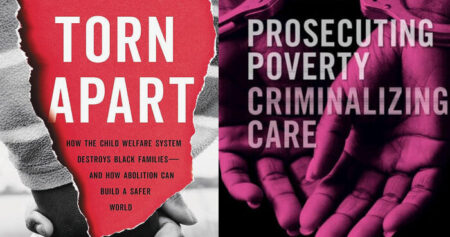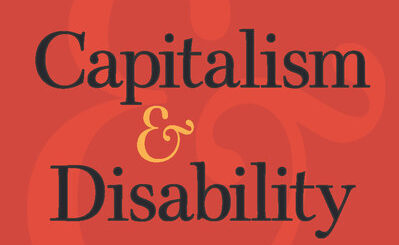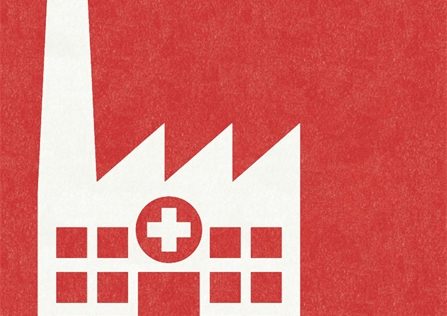
The Maternal Control Complex
In carefully chronicling the history, logic, and operations of the child welfare system and Tennessee’s fetal assault law, Dorothy Roberts and Wendy Bach give us accounts not of singular systems, but of something much more wide-ranging: an almost suffocating network of authorities surrounding marginalized mothers.





